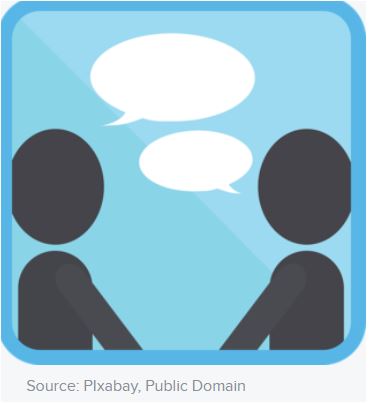If All Else Is Equal, Am I Better off Choosing An ADHD Coach or Therapist of My Gender?
One aspect that often comes up when considering an ADHD Coach or therapist is gender. While it may not be the most significant factor, it can influence an individual’s comfort level and overall treatment experience.









